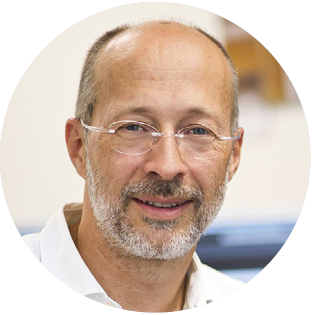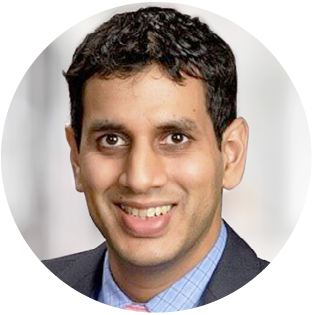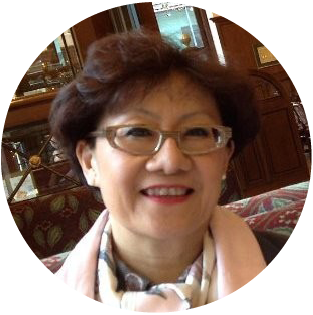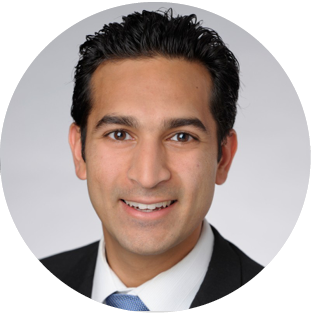
Discover the ProFound Breast AI Health Suite at RSNA 2023
iCAD Booth 3940
Cancer wins when it hides
When it comes to cancer, hide and seek is no game
iCAD is creating a world where cancer can’t hide with innovative artificial intelligence solutions that empower providers and professionals to accurately, reliably and quickly detect cancer and improve outcomes – optimizing every patient’s opportunity to live better, longer lives.
AI Showcase
Emily Conant, MD
Professor of Radiology and Vice Chair of Faculty Development in the Department of Radiology at the University of Pennsylvania, Perelman School of Medicine
Monday, November 27, 2023 | 3:30 - 3:45 PM | AI Showcase Theater
From Pixels to Practice: Harnessing Innovations in Breast AI to Improve Patient Outcomes
Oral Presentations
Axel Graewingholt, MD
Radiologist, Radiologie am Theater, Paderborn
Monday, November 27, 2023 | 8:00 – 9:00 AM | M1-SSBR03
Real World Use of Artificial Intelligence Risk Scores to Identify Women at High Risk for Breast Cancer with Subanalyses Based on Histopathology and Time of Detection
Chirag R. Parghi, MD
Chief Medical Officer, Solis Mammography
Tuesday, November 28, 2023 | 9:30 – 10:30 AM | T3-SSBR05
Poster Presentations
Mikael Eriksson, PhD
Medical Epidemiology and Biostatistics, Karolinska Institutet
Monday, November 27, 2023 | 12:45 - 1:15 PM | M5B-SPBR-4
Multi-national validation of a clinical image-based AI-risk model for individualizing breast cancer screening
Thu Ha Dao, MD
Radiologist, Henri Mondor Hospital
Sunday, November 26, 2023 | 12:15 - 12:45 PM | Scientific Poster Sessions | S3B-SPBR-1
Evaluation of a deep-learning based software tool to automatically detect and quantify breast arterial calcifications on digital mammography

Tom Cappas MBA, MS RT (R)(MR)
COO, Midstate Radiology Associates, LLC.
“With PowerLook Density Assessment, our density assessments have become more standardized and uniform, which has more than doubled our utilization of screening breast ultrasound and ultimately helps us identify which women would benefit from supplemental screening. And with ProFound AI, our team is overall more confident and efficient in reading even the most complex mammography cases."
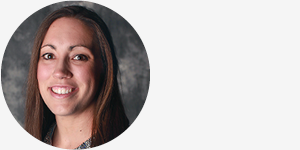
Meghan Musser, DO
Medical Director for Breast Imaging, Kettering Health
“Other AI technologies simply do not deliver the level of performance, speed and accuracy that ProFound AI offers. Additionally, a unique value of ProFound AI is its ability to detect small or subtle lesions, such as invasive lobular cancers. I believe that every woman deserves to have access to this technology, as it can be a critical tool in overcoming healthcare disparities.”

Angela Fried, MD
Director of Breast Imaging, SimonMed Imaging
“AI has gotten very accurate, and our techs are able to take that information and plug it into the risk model without bothering a RAD on what density they should put. We can very quickly add information to our reports and give information to patients and their physician to know if they should be coming in for additional screening. It gives patients peace of mind when they have very dense breast tissue or to identify cancer earlier.”

Joshua A. Nepute, MD
Radiologist, IU Health Frankfort, IU Health Arnett, IU Health White Memorial
“This leading-edge algorithm was designed to provide physicians with crucial information about a woman’s short-term risk of being diagnosed with breast cancer, so that they may further personalize her screening and surveillance plan. This may include screening frequency adjustment, supplemental imaging, genetic testing and/or risk reduction strategies.”

Detection

Density Assessment

Risk Evaluation

Heart Health
"Coming Soon"
Reserve time in-person or virtually. We look forward to meeting with you.
Let us show you our suite of clinically proven AI-powered breast cancer detection, density assessment, and risk evaluation solutions provide certainty and peace of mind, improving patient outcomes and saving lives.
Patient-Driven, AI-Powered - Creating a World Where Cancer Can't Hide.
Flexible integrations to maximize patient care
Streamlining mammography workflows to create efficiencies and peace of mind
With thousands of installations worldwide, our solutions offer multi-vendor compatibility that seamlessly integrate into the diagnostic process, in any reading environment.

Meet the Experts
Visit our booth 3940 for a unique opportunity to meet global experts who are blazing the trail in personalized breast care.

Prof. of Radiology & Vice Chair of Faculty Development in the Dept. of Radiology at the UPenn, Perelman School of Medicine

Director of Breast Imaging for Premier Radiology and Ascension Saint Thomas Midtown Center for Breast Health, serves as national subspecialty lead of breast imaging for Radiology Partners
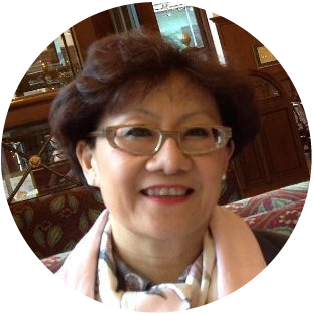
Radiologist, Henri Mondor Hospital

Radiologist, Section of Breast Imaging
Cleveland Clinic

Medical Epidemiology and Biostatistics, Karolinska Institutet, Stockholm, Sweden

Head of the Department of Mammography Screening, Radiologie am Theater, Paderborn

Radiology, Breast Imaging, University of Michigan Health-West


